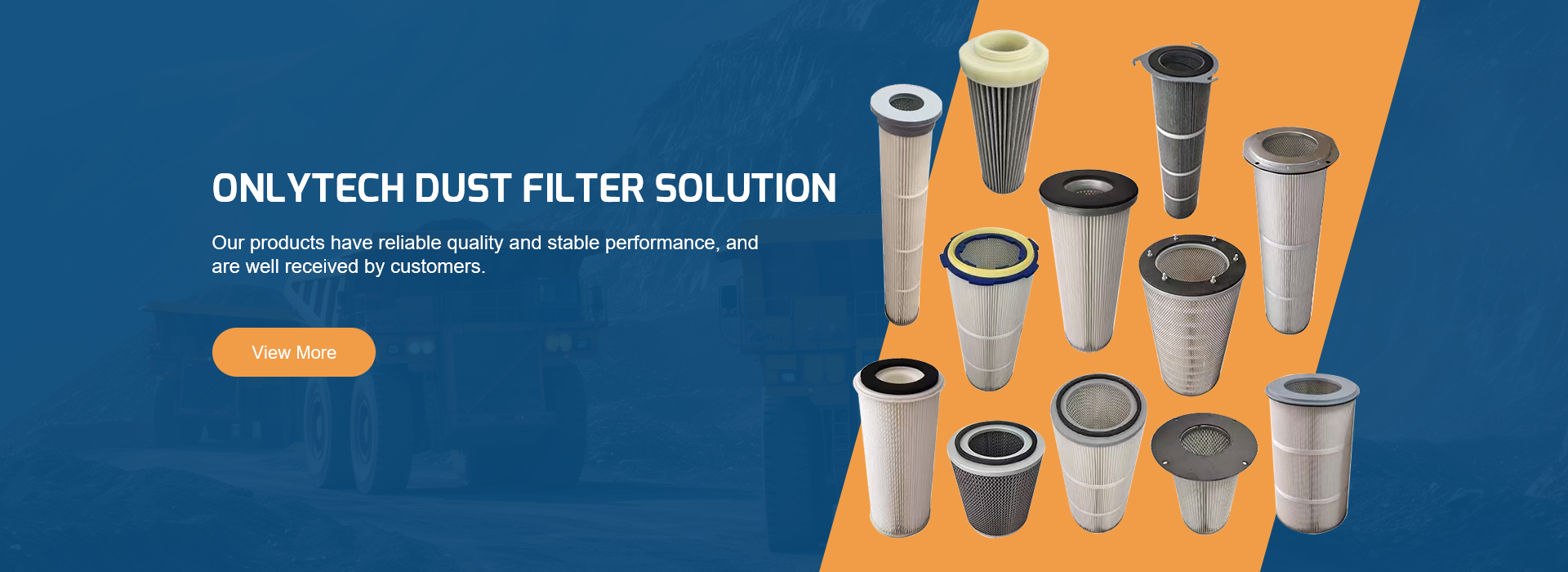 Tel:
+8615930870079
Tel:
+8615930870079
Août . 01, 2024 01:56 Back to list
Understanding the Importance of Turbine Air Intake Filters for Optimal Engine Performance and Longevity
The Importance of Turbine Air Intake Filters
Turbines, whether used in aviation, power generation, or industrial applications, play a crucial role in converting energy from various sources into usable power. One of the fundamental components of a turbine system is the air intake filter. These filters are essential for ensuring optimal performance, longevity, and reliability of turbine operations. In this article, we will explore the significance of turbine air intake filters, how they work, and the factors affecting their performance.
Why Air Intake Filters Matter
Turbine engines require clean air to function efficiently. Contaminants such as dust, dirt, water, and other particulates can severely impact the performance of turbines. In aviation, for instance, dirty air entering the engine can reduce thrust, increase fuel consumption, and lead to higher emissions. Similarly, in industrial turbines, particulate contamination can cause equipment deterioration, disrupt thermodynamic cycles, and result in costly downtime and repairs.
By using high-quality air intake filters, operators can significantly reduce the risk of such issues. Filters trap harmful particulates before they can enter the turbine’s operational components, thus protecting the engine and ensuring consistent performance.
How Turbine Air Intake Filters Work
Turbine air intake filters typically function through a combination of mechanical and electrostatic filtration methods. These filters are designed to capture a range of particle sizes, from larger debris to microscopic contaminants. The filtering media can vary; some filters use synthetic fibers, while others may employ cellulose materials.
As air flows through the filter, particles collide with the filter media and become trapped. The efficiency of the filter depends on its design, the type of media used, and the size of the particles in question. Advanced filtration technologies, such as pleated filters, increase the surface area available for trapping particles, thereby enhancing filtration efficiency.
turbine air intake filters

Additionally, some modern air intake filters are designed with features that allow for easier maintenance and replacement. This includes tools for monitoring filter condition, indicating when a filter is becoming clogged and needs replacement, helping reduce the risk of failure and improving overall reliability.
Factors Affecting Filter Performance
Several factors can influence the performance of air intake filters in turbine systems. First and foremost is the environment in which the turbine operates. Turbines located in dusty or industrial areas may require more robust filtration solutions, whereas those in cleaner environments may function effectively with standard filters.
Temperature and humidity also play critical roles. Filters must be designed to withstand variations in temperature and moisture levels without losing their efficiency. Moreover, the flow rate through the filter is crucial. If the airflow exceeds a filter’s capacity, it can lead to a situation known as “filter bypass,” where unfiltered air enters the turbine, defeating the purpose of filtration.
Lastly, regular maintenance and timely replacement of filters are essential. Clogged or damaged filters can lead to restricted airflow, reduced performance, and increased fuel consumption. Thus, establishing a routine filter replacement schedule based on operational conditions is vital for maintaining turbine efficiency.
Conclusion
Turbine air intake filters are a fundamental component in ensuring the performance and longevity of turbine systems across various industries. By providing a barrier against contaminants, these filters protect critical engine parts, enhance efficiency, and minimize operational costs. Prioritizing the selection, maintenance, and replacement of air intake filters is essential for any organization that relies on turbine technology, ultimately contributing to more reliable and sustainable operations.
-
Types and Applications of Air Filtration CartridgesNewsJul.28,2025
-
The Role of Gas Turbine FiltersNewsJul.28,2025
-
Mastering Air Filter Cartridge UseNewsJul.28,2025
-
Advanced Turbine Filters for Modern Gas TurbinesNewsJul.28,2025
-
Cellulose Air Filter Cartridge Advantages in Dust FiltrationNewsJul.28,2025
-
Cellulose Filters for Air Particle ReductionNewsJul.28,2025

 Email:
Email:





